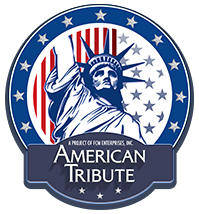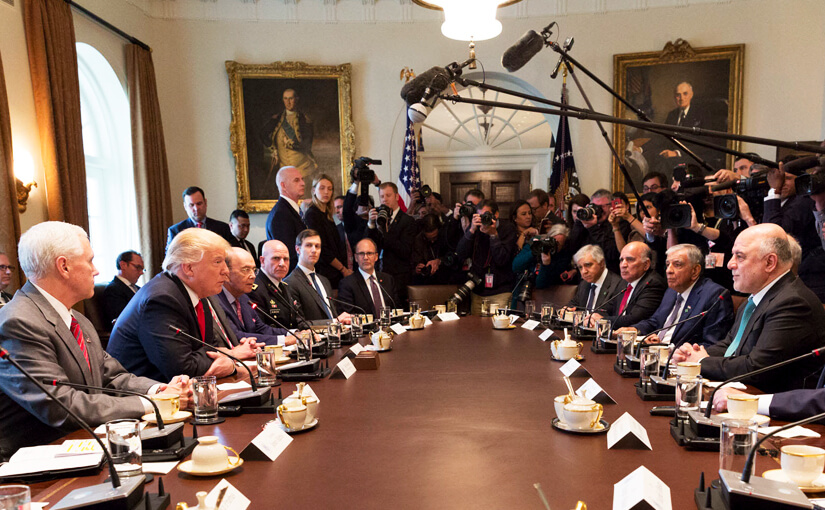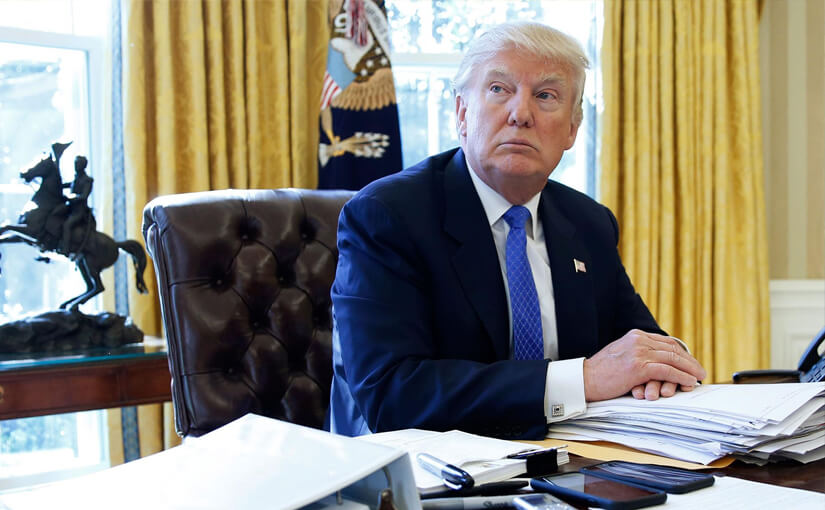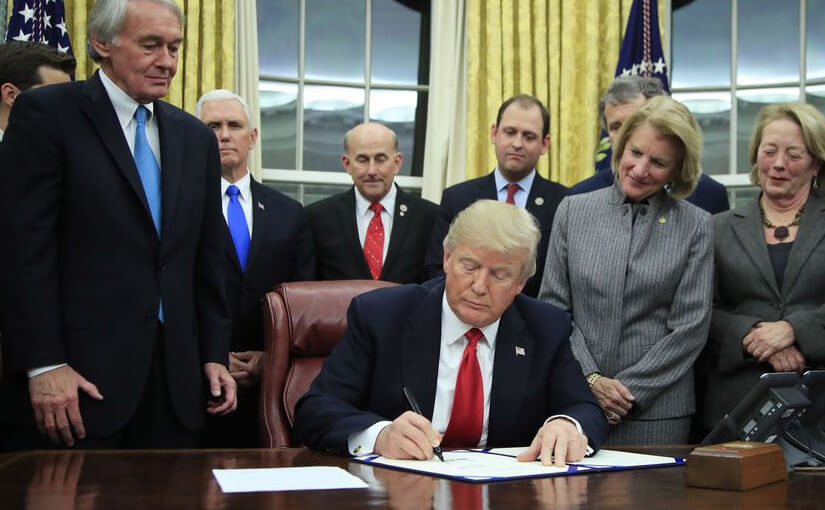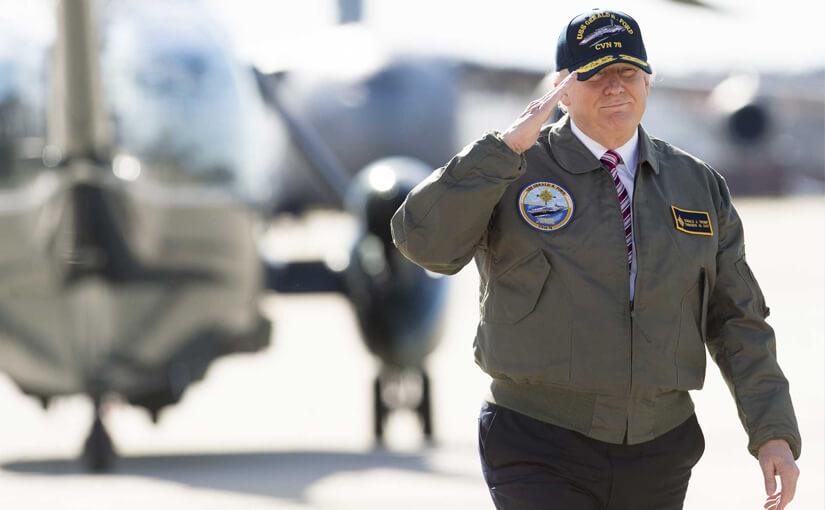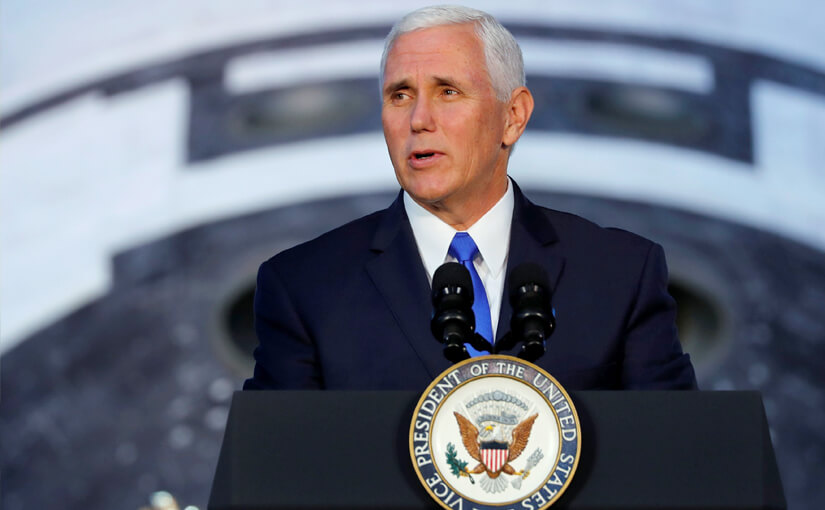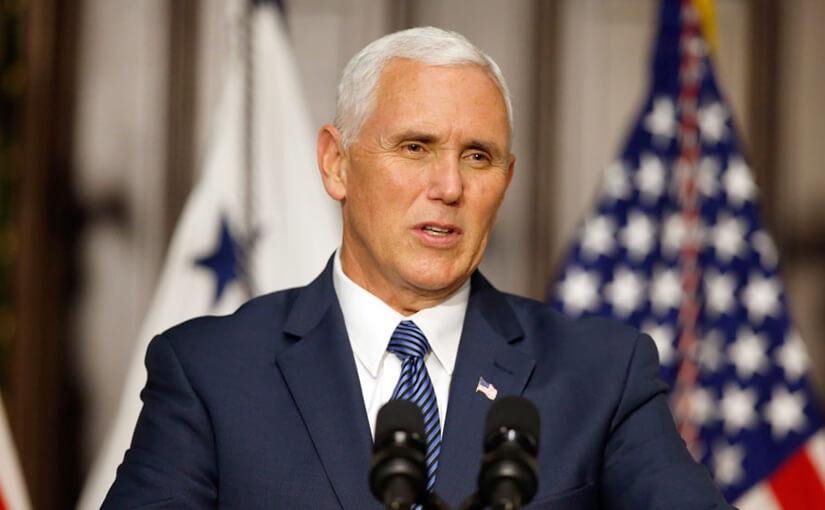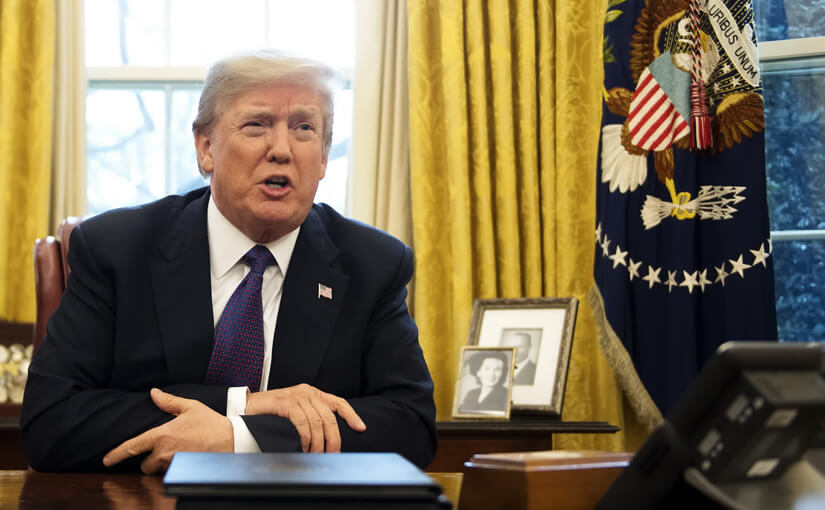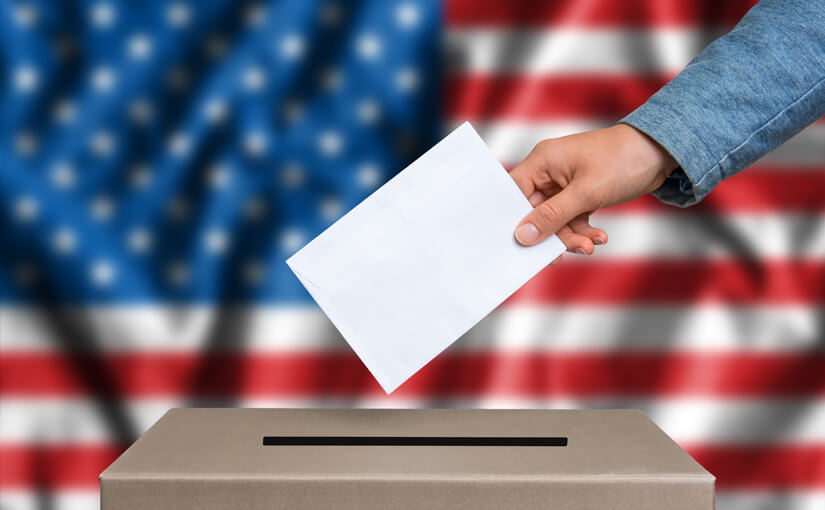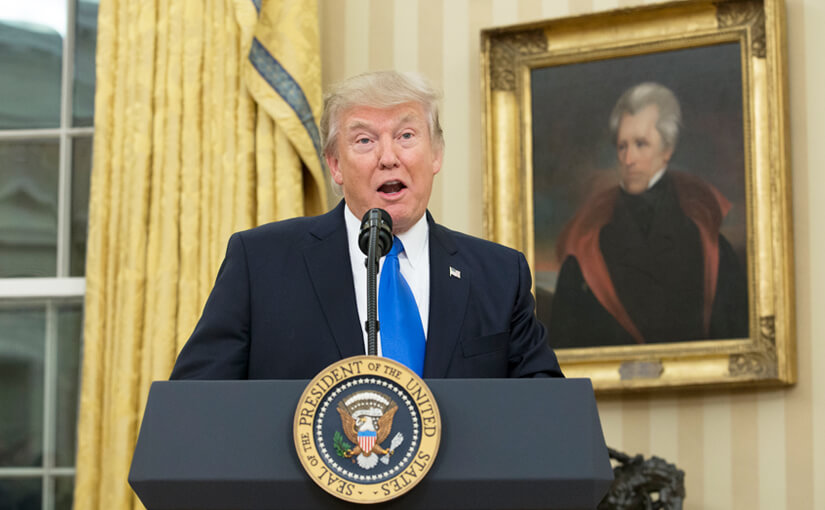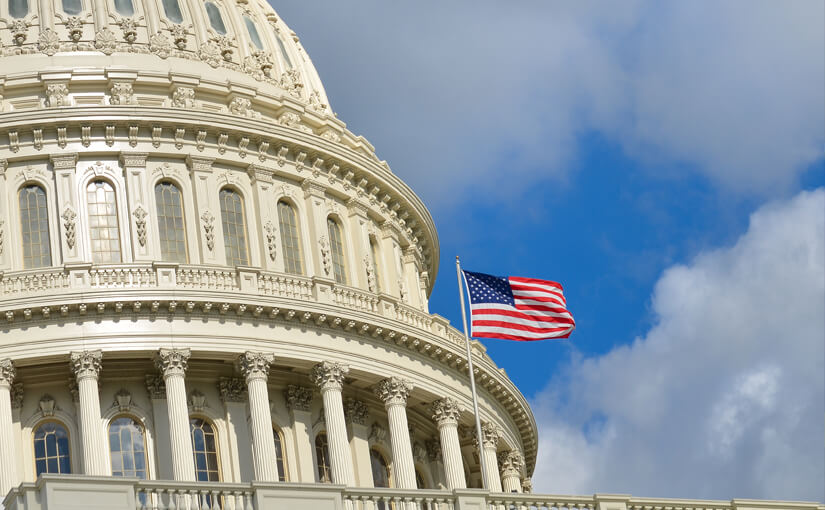- Advises the President
The Constitution says that the leaders of the executive departments should advise the president. These department leaders, most of them called “secretaries,” make up the cabinet.
The president nominates the cabinet members to be his advisors. For a nominee to be confirmed, a majority of the Senate must approve the nominee. Throughout history, presidents have been able to change who makes up the cabinet or add departments to the cabinet.
For example, when the Department of Homeland Security was created, President George W. Bush added the leader of this department to his cabinet.
** As you prepare for U.S. citizenship, Learn About the United States: Quick Civics Lessons will help you study for the civics and English portions of the naturalization interview. There are 100 civics (history and government) questions on the naturalization test. During your naturalization interview, you will be asked up to 10 questions from the list of 100 questions. You must answer correctly six (6) of the 10 questions to pass the civics test.
